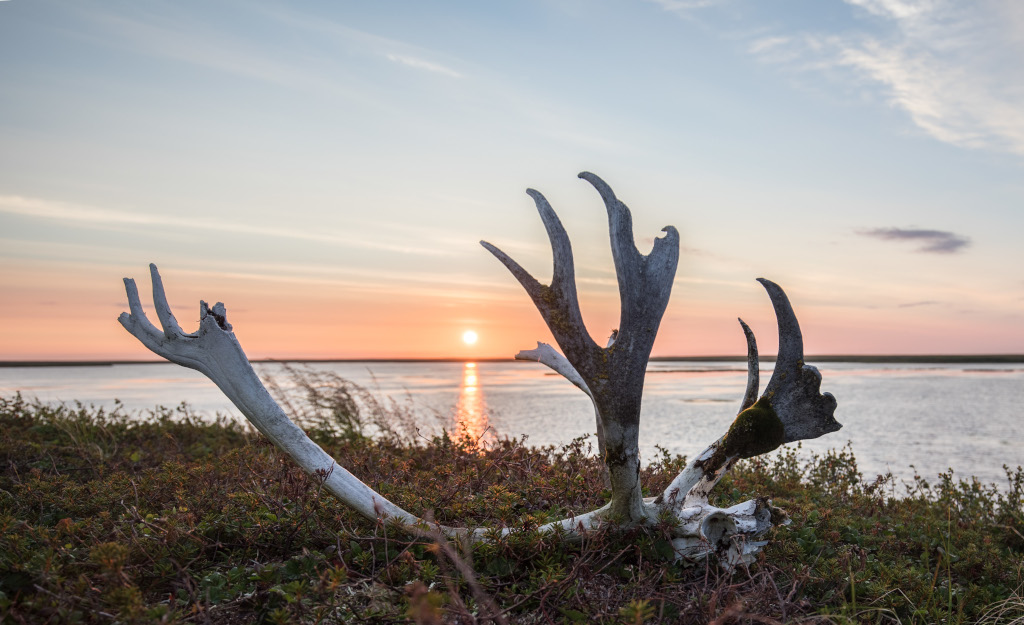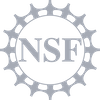General Information
More than 40% of the Canadian landmass is located above the Arctic Circle. Supporting field research across this area is similar to the challenges across the Arctic with the added complexity of border crossings, customs, currency conversion and international permitting. The Battelle ARO team has broad experience supporting research, construction, and operational projects across this entire region. Our support services may include;
- Coordinating with and paying for services provided by Canadian research support organizations
- Provision of field equipment (tents, satellite telephones, etc.) from NSF inventories
- Logistics support (transportation, air support, cargo movement)
- Field camp management and staffing assistance ]
- Interaction and communication with government agencies for customs, permitting and other requirements
- Sample export/import support
- Guidance on local outreach and engagement
The Battelle ARO team will assist researchers in Canada with tailored logistics support plans based on researcher needs and the researcher’s ability for self-sufficiency. For more information on support available for Canada based projects please reach out to our International Science PM or arctic.planning@battelle.org.
Canada Process Steps
Steps for executing your field season
STEP ONE:
PROPOSAL AND PRE-AWARD
During this process, pIease work with ARO to develop a proposed logistics plan and review the Suggested Reading by NSF. PI should also investigate all costs, including permitting and outreach, that need to be included in their proposal submission. Additional information can be found on our Proposal Estimate Support page.STEP TWO:
NEW FUNDED AWARDS
Battelle ARO securely saves your project record in our system. Records outline your science objectives, along with logistics plans for your fieldwork. If your proposal is recommended for award, the PI reviews the record and the project summary is provided to NSF.STEP THREE:
PRE-FIELDWORK PLANNING
There are several steps in planning for a successful field season. Teams members should sign up for all applicable Field safety training, acquire all needed permits, review interaction plans and work with your assigned Project Manager to finalize all planning to safely and efficiently execute your fieldwork.STEP FOUR:
EXECUTE FIELDWORK
Following the plan developed at the pre-fieldwork planning stage, PIs conduct fieldwork according to the planned scope and budget. Communicate any changes or deviations to your Project Manager and they will determine next steps.STEP FIVE:
INCIDENT REPORTING AND LESSONS LEARNED
Reporting incidents and near misses is integral to NSF's risk management program. Lessons learned are considered anonymously to make improvements in program safety. Report incidents to your Project Manager, via the Gateway, or by contacting NSF directly.Developing Your Canadian Field Plan
Canada Alert, Canadian Defense Forces
Alert, Canadian Defense Forces
- Staging area for Arctic Ocean projects
- Gravel strip, frozen in winter
- Berthing/lodging/laboratory space
- Weather observations and forecasts
- Bulk fuel storage for NSF aviation support
Canada Aurora College
Aurora College
- Sampling support on Mackenzie River
- Permit advice and field gear rental
- Berthing/lodging/laboratory space
Canada Canadian High Arctic Research Station
Canadian High Arctic Research Station (CHARS)
- New polar research facility
- Berthing/lodging/laboratory space
- Field gear rental
- Permitting advice
Canada Labrador Institute Research Station
Labrador Institute Research Station
- Permit advice
- Berthing/lodging/laboratory space
- Field gear rental
Canada Nunavut Research Institute
Nunavut Research Institute
- Licensing research in the health, natural, and social science disciplines as required under Nunavut's Scientists Act
Canada Polar Continental Shelf Program
Polar Continental Shelf Program (PCSP)
- Advice on permit planning and coordination
- SME for working in certain parts of Canada
- Partnering on logistics services in Canada
Canada Eureka Research Station
Eureka Research Station
- Berthing/lodging/laboratory space
- Search and rescue (SAR) aircraft base for high Arctic expeditions
- Best food in the Canadian Arctic





